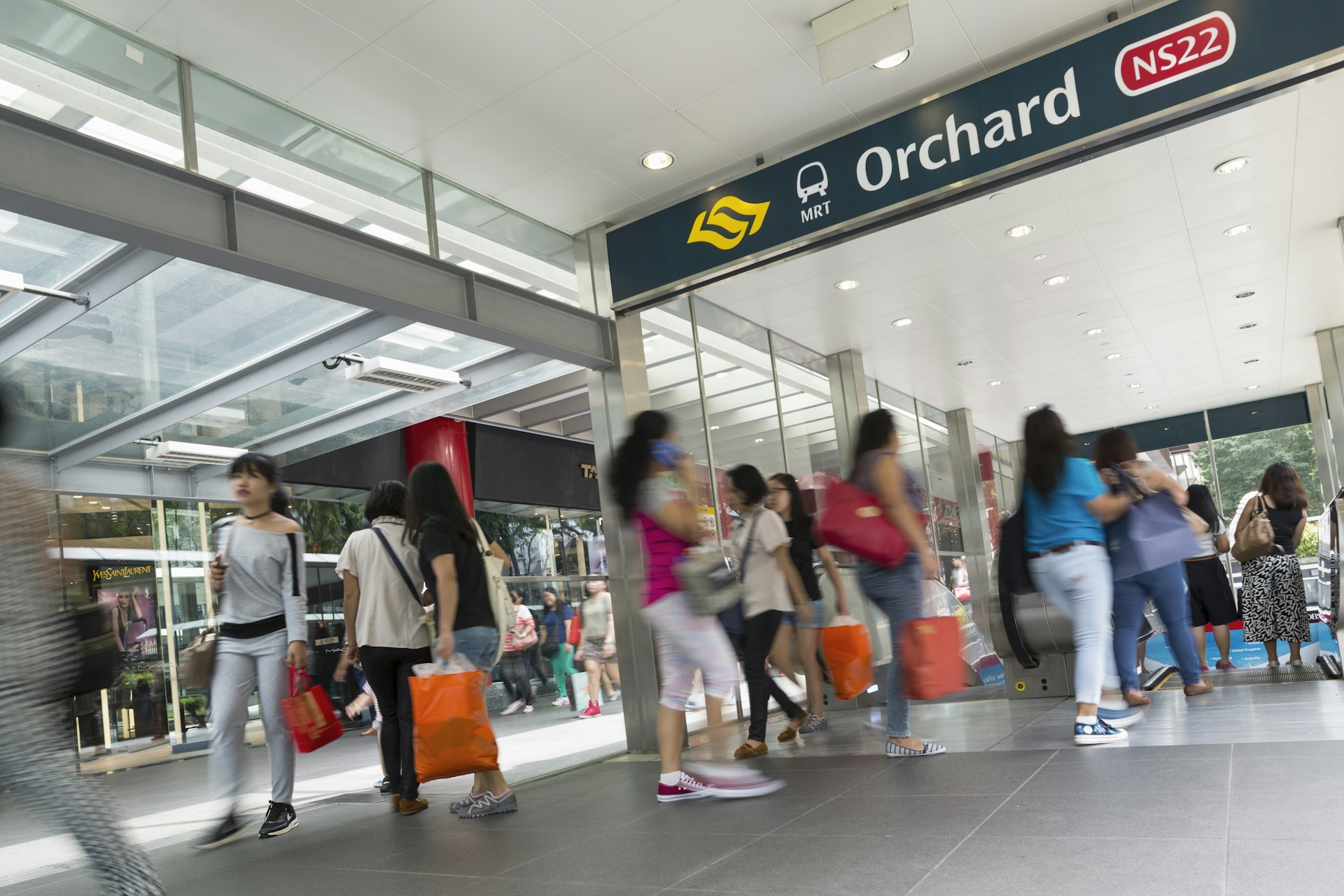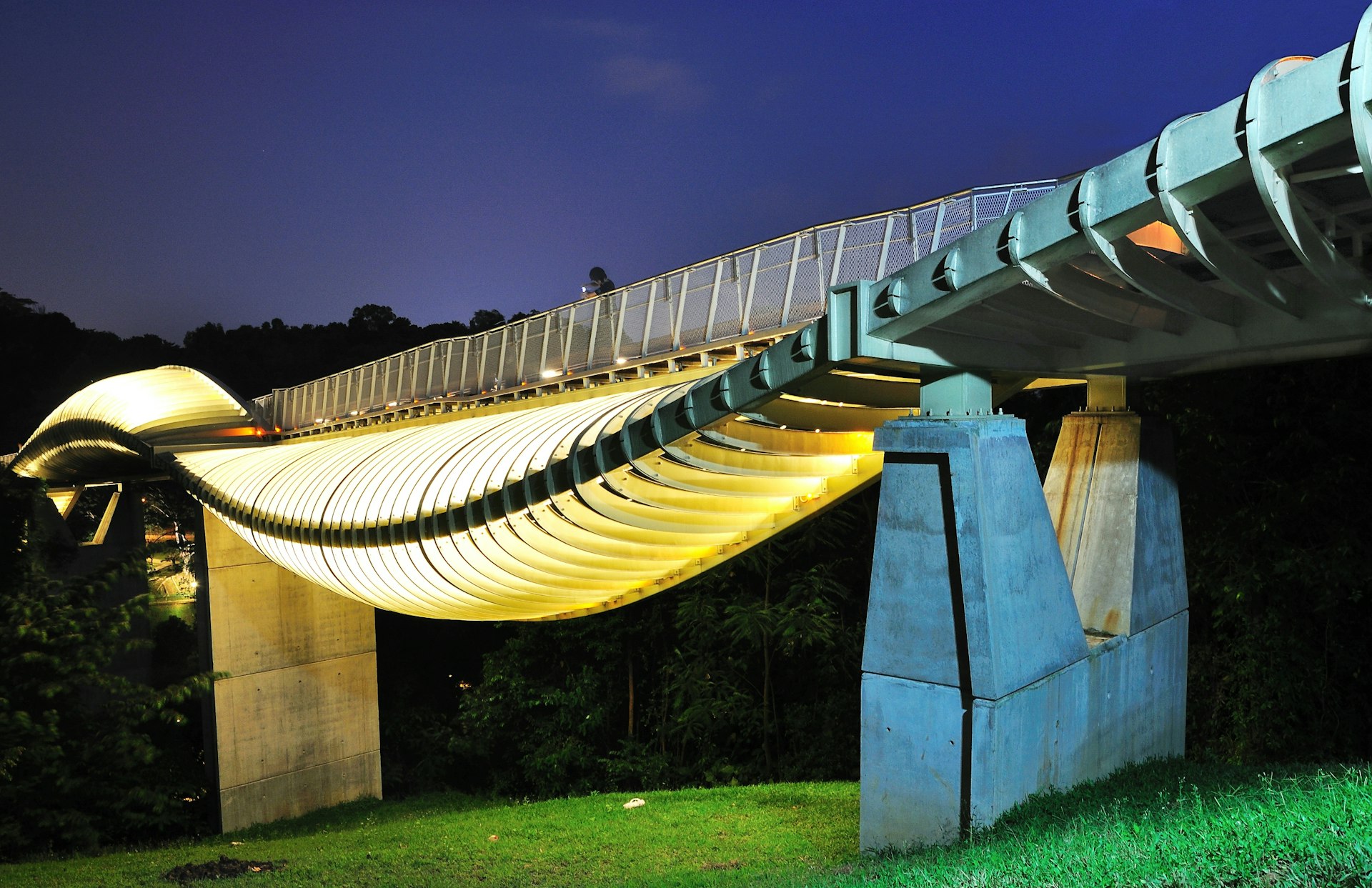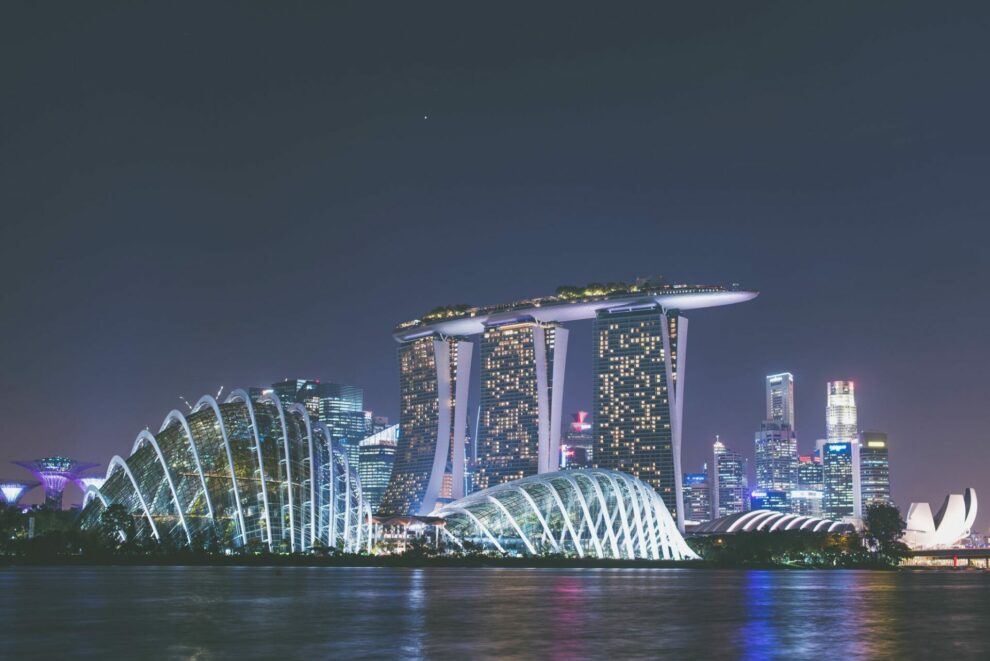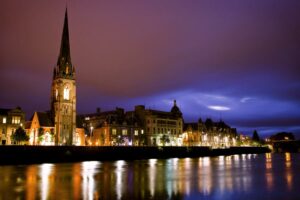Singapore is often ranked as one of the most expensive cities in the world to live in. While prices in Singapore are akin to most other major international cities, most travelers feel the pinch when doing a Southeast Asian jaunt where neighboring countries are generally much cheaper to visit in comparison.
But don’t worry, there are plenty of ways to explore Singapore without breaking the bank. Here are our tips for budget-conscious travelers looking to stretch their Singapore dollars.
Daily costs in Singapore
- Dorm bed in a hostel room: S$30-40 per night
- Hotel room for two: S$200-300 per night
- Public bus/MRT fare (distance-based fare): S$1-3 per trip
- Singapore Tourist Pass (1-3 days unlimited travel): S$22-34
- Meal at a hawker center: S$5-10 per person
- Meal at a cafe/small eatery: S$10-30 per person
- Meal at a restaurant: S$20-100 per person
- Pint of beer at a bar: S$10-$20 per pint
- Average daily cost: S$100-$300
Find a cheap connection to Singapore
Singapore has a well-connected airport serving over 100 airlines across its four terminals, including many budget airlines that often offer cheap discount tickets to countries around the region, so a multi-city trip could be one way to travel to Singapore cheaply. You could also consider a long layover in Singapore – Changi Airport offers free three-hour transit tours for layovers between 5.5 and 24 hours.
Save money by arriving in Singapore during the day – public transport stops around midnight and taxis include an additional midnight surcharge on top of the airport surcharge.
Pick the right time to visit
Hotels in Singapore are quite pricey, but if you want to avoid paying peak rates, some key dates to skip – other than the Singapore school holiday months at mid-year (June) and year-end (December) – include the rare 2-day public holiday during Chinese New Year (end of January/early February), National Day (August 9) and the Formula 1 Grand Prix (mid-September).
Check Singapore’s annual public holiday calendar to see when long weekends fall, which usually result in high demand for staycations and more expensive hotel rates.

Eat at hawker centers
One thing that has remained relatively affordable in Singapore is the food found in its hawker centers. Not only do you get to eat cheap tasty Singaporean fare, it’s the best way to immerse yourself in the culture and eat like a local. Singapore even has Michelin-rated street food stalls so you can indulge in award-winning nosh without blowing up your budget.
Drink at off-peak hours
Alcohol is very heavily taxed in Singapore and a night out at a posh bar or club can be alarmingly expensive. Pints of beer at a typical pub range from S$15-$20 while the famous Singapore Sling at the Long Bar in Raffles Hotel costs almost S$40 for a glass.
The best way to save on drinks is to take advantage of supermarkets or hawker center drink stalls that serve bottled beer – do so before 10:30pm as there is a curfew on alcohol sales in Singapore. Alternatively, start drinking earlier and look for happy hour deals around the nightlife districts to save some dollars.

Opt for public transport
Singapore’s public transport network is well-developed and efficient, offering a good, affordable way to explore the city. Fares are calculated based on distance traveled and while you can easily pay with your credit card, opt for a day pass if you expect to do a lot of commuting.
If you want to avoid expensive taxi rides, make a note of cheap or free shuttle options around major tourist attractions to cut down on transport costs. For example, you can walk for free or take the public bus to Sentosa versus paying for a scenic but more expensive cable car ride, and the Mandai Wildlife Reserve also has cheap shuttle connections to the MRT.
Consider where to stay
Most of Singapore’s famous sights are clustered in the south/central area, so while hotel rates there tend to be higher, the convenience of being able to walk to attractions may be more worthwhile than the cost and time spent commuting to a cheaper hotel outside the city center.
Alternatively, staying close to an MRT station can help cut transport costs – the subway lines connect to most major attractions, run till midnight and also connect to Changi Airport, so budget travelers with time to spare can consider skipping the taxi queues.
Pick supermarkets over convenience stores
If you need to stock up on daily necessities, hunt down a supermarket chain store like Fairprice, Cold Storage, Giant or Sheng Siong. There are plenty of smaller convenience stores around like 7-11 and Cheers, but the food and drink sold there tend to be significantly more expensive than the supermarket options.
Tip: instead of a kitschy fridge magnet souvenir, pick up pre-packaged sauces, seasonings and foods to bring the local tastes of Singapore home after your trip.
Save money by drinking tap water
There’s no need to buy bottled water in Singapore as the tap water is perfectly safe to drink. Carry around a reusable bottle – most attractions have a water cooler to refill bottles. In restaurants and cafes, ask for tap water instead of still or sparkling water as it’s usually free, but note that some eateries may still charge for water (even if it came from the tap).
Plan ahead to save money
If you know exactly what you want to see in Singapore, you could save a little by purchasing bundled tickets beforehand. Major tourist attractions usually offer family bundles as well for those traveling in groups or with children.
Alternatively, skip the paid attractions and check out the many free things to do in Singapore, from hiking its beautiful outdoor spaces to visiting unique places of worship.

Savor a panoramic view for free
Visiting panoramic viewpoints like the Marina Bay Sands SkyPark or the Singapore Flyer can be pricey, while rooftop bars often have a cover charge and/or require some spending on an expensive alcoholic drink or two.
Some free viewpoints if you’re not in the mood to splurge: take a hike along the Southern Ridges. Mount Faber offers great views while the undulating Henderson Waves is Singapore’s tallest pedestrian bridge. The more sedentary can visit CapitaSpring Sky Garden with landscaped gardens and a bistro with a view smack in the middle of the city, or pop over to Skyville@Dawson, public housing with a rooftop garden 47 stories high.
Source: Lonely Planet









